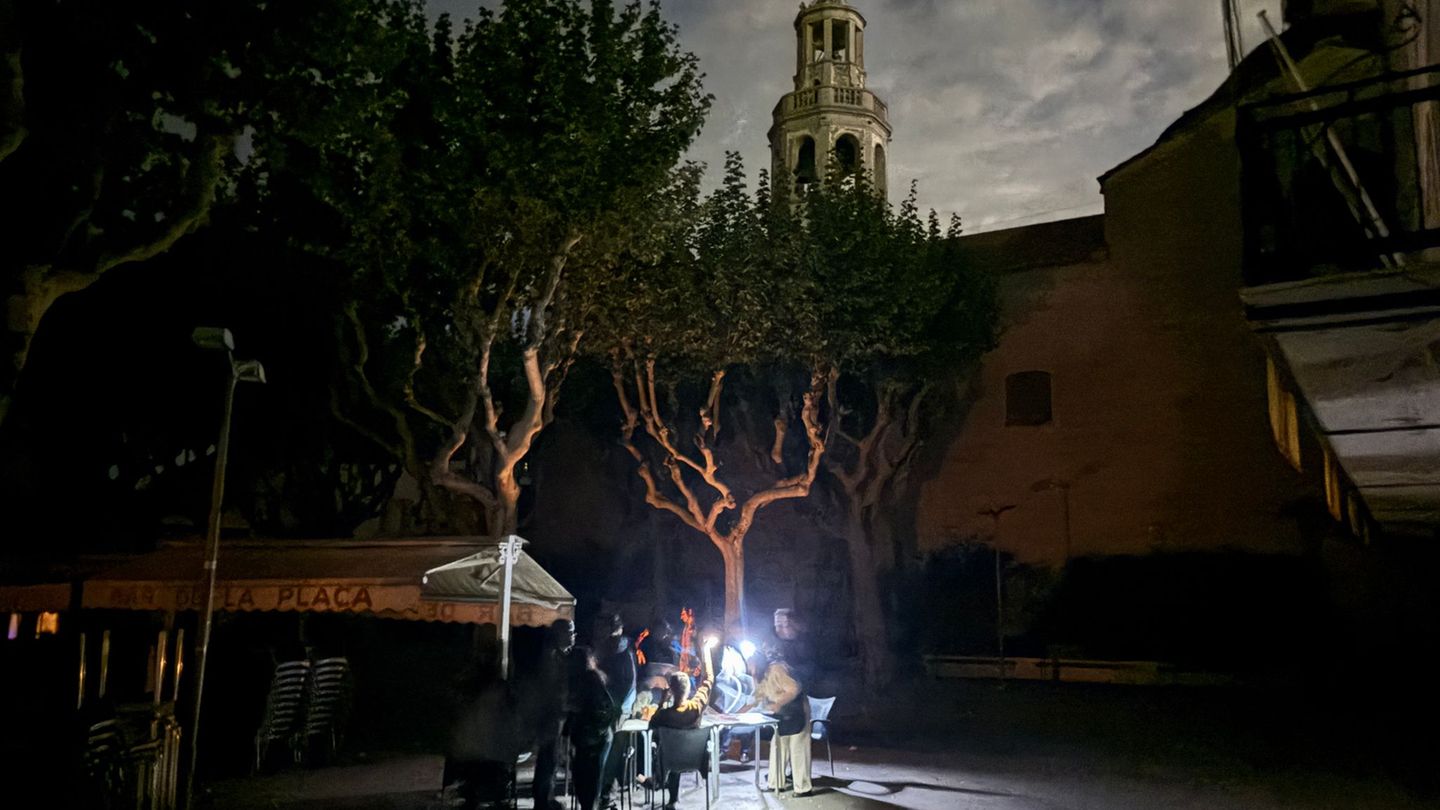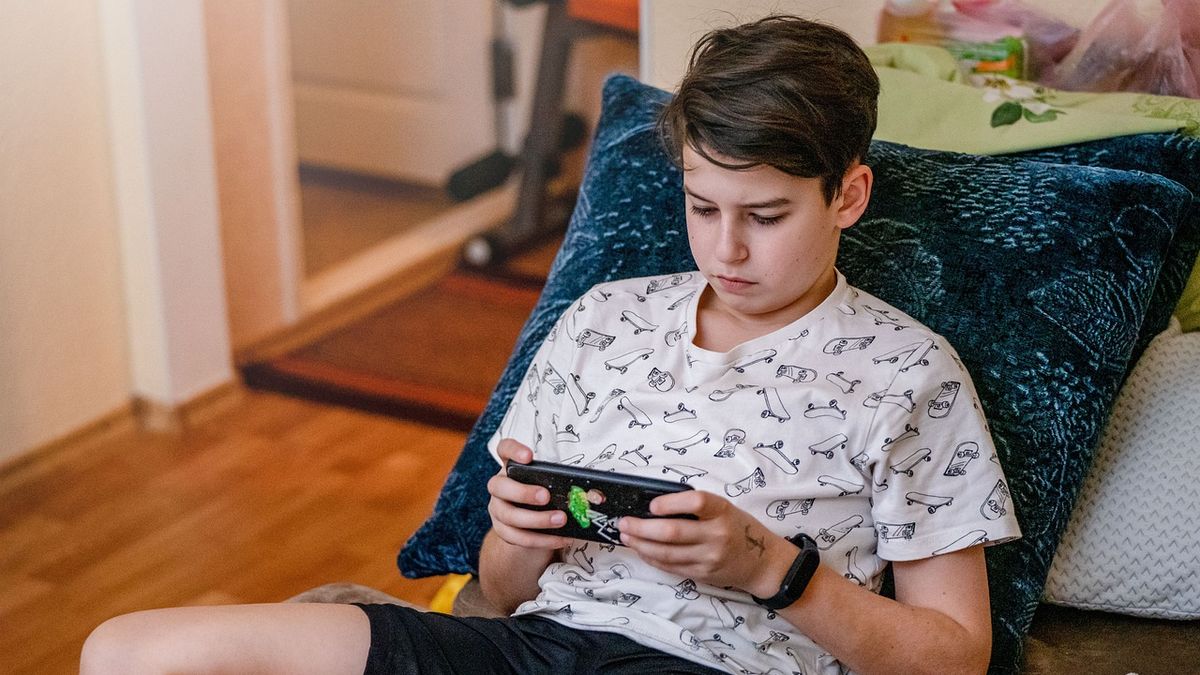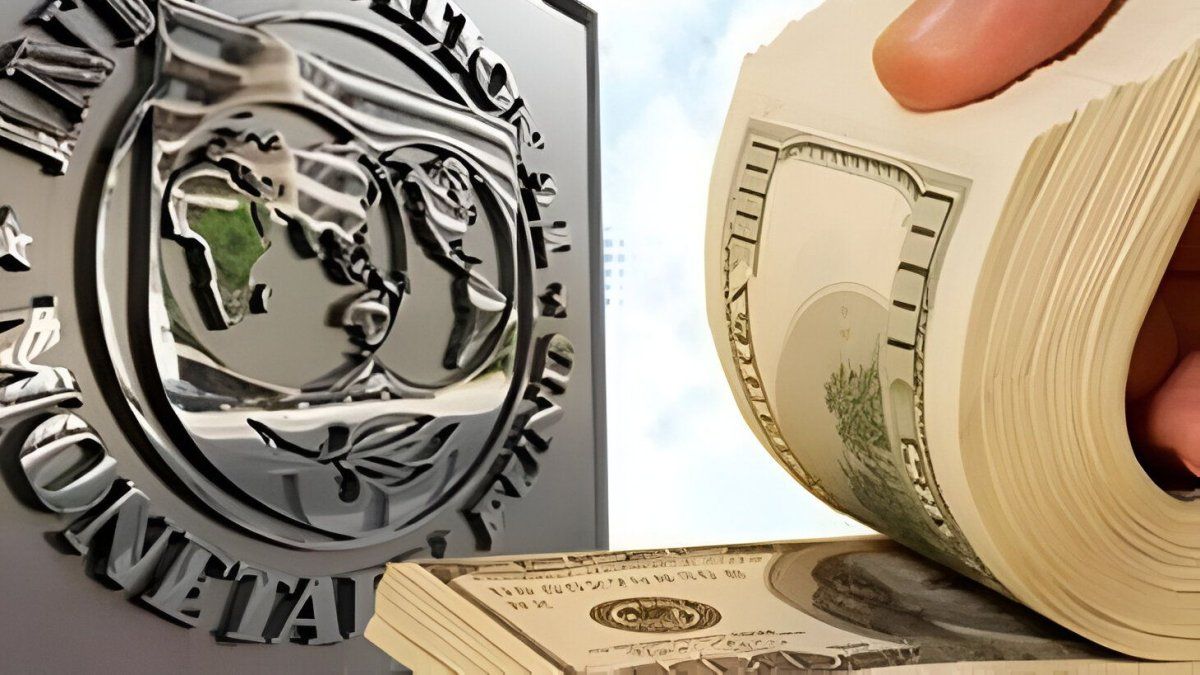You can tell in every respect that under Ralf Rangnick a breath of fresh air is blowing in the Austrian national team. If you mess with Cristiano Ronaldo at Manchester United, you can easily take on any Austrian national team player. The respect within the team is definitely there.
Other things have already changed under Rangnick. Yesterday, after the Nations League opener in Osijek against Croatia (still in progress when this issue went to print), we went back to Austria that night. This allows you to use the time optimally to prepare as best as possible for the next Nations League game on Monday (8.45 p.m.) in Vienna’s Ernst Happel Stadium against Denmark, for which ticket sales are still rather slow despite the confidence after the change of team manager .
In the past, players usually only flew back to Austria the day after country matches. The way the players played in the evening (keyword: Marko Arnautovic after the defeat in Montenegro) also hit the media from time to time. The short flight time (it was about an hour from Vienna to Osijek) naturally played into the cards. The bus ride to the hotel through the afternoon traffic wasn’t much shorter.
For the first time in a long time, the team is no longer “among itself” on the plane. As before the corona pandemic, the national team’s charter plane is full again. In addition to numerous sponsors, the fellow travelers this time included former Sturm Graz President Hannes Kartnig, who often goes to national team games abroad.
Unusual game rhythm
After the game on Monday, the home game against France is still on the program on Friday, June 10, and the away game in Denmark on the following Monday. There have not been four international matches within eleven days in Austria’s international history since the 1912 Olympic Games in Stockholm. Even now, this unusual international window should remain the exception.
Due to the Winter World Cup in Qatar, the otherwise usual October international game window is canceled this time. Therefore, improvisation had to be made in order to insert the two international matches planned at that time.
It was a certain advantage for Rangnick because, even if he is tired after a long season, he can have the team around him for much longer than usual when he first gets to know him. However, the ÖFB is not very happy with this regulation. “For us, it is essential not only to get the players in a compressed time window, but regularly, in order to make the national team tangible for fans, to have a year-round presence and not be reduced to marginal storage periods,” says Bernhard Neuhold, who, as managing director of the ÖFB, keeps a close eye on the finances. The national associations know that there will probably be pressure from many prominent clubs to continue to push for such larger windows – especially at the end of the season. There will probably be muscle flexing between the clubs and the associations.
Changes take time
But if you want to put pressure on, you have to be patient. The current FIFA calendar is already planned until 2024, next year international windows are planned for March, June, September, October and November.
A classic in Bologna
First the missed World Cup qualification, then the 3-0 defeat against Argentina: European soccer champions Italy are still deep in a crisis of meaning, the longing for a sense of achievement is growing steadily one year after winning the European title. Today (8.45 p.m., RTL live) the German national team is visiting Bologna for the start of the Nations League, then the Squadra Azzurra should finally achieve the longed-for liberation. However, the Germans, who last won in Italy in 1986, are unbeaten under national coach Hansi Flick, winning eight of nine matches (goal difference 34:3).
Source: Nachrichten




